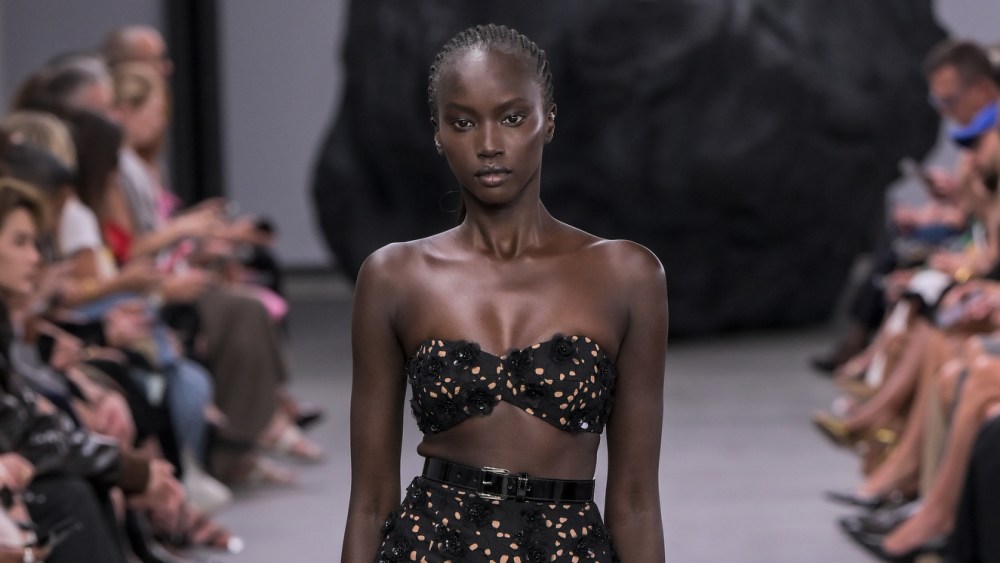Capri Holdings is still looking to find its footing.
The company’s second-quarter net income fell 73 percent to $24 million, or 20 cents a share, from $90 million, or 77 cents a year earlier.
Adjusted earnings were better at 65 cents a share, but still 10 cents below the 75 cents analysts projected.
“Overall, we were disappointed with our second-quarter results as performance continued to be impacted by softening demand globally for fashion luxury goods,” said John Idol, chairman and chief executive officer, in a statement. “Despite the challenging global retail environment, we remain focused on executing our strategic initiatives to deliver long-term sustainable growth across all three of our luxury houses.”
The declines were seen across all of Capri’s three brands in the quarter.
You May Also Like
- Versace revenues fell 28.2 percent to $201 million with retail sales that showed a decline in the high teens. Revenue in the Americas was down 33 percent, which led to $3 million in operating losses.
- Michael Kors’ top line dropped 16 percent to $738 million, with retail sales decreasing by midsingle digits. Asia was the brand’s weakest market with a 43 percent sales decline. Operating profits tallied $87 million. The brand had a turnaround plan in the works, but has put much of it on ice due to budgetary constraints.
- Jimmy Choo’s revenues increased by 6.1 percent to $140 million with a low-single-digit decline at retail with wholesale sales posting a double-digit increase. Operating losses totaled $5 million.
“Versace, Jimmy Choo and Michael Kors continued to resonate with consumers as evidenced by the 10.9 million new consumers added across our databases, representing 13 percent growth versus last year,” Idol said. “This reflects the strong brand equity and enduring value of our three iconic houses.”

Capri’s overall revenues fell 16.4 percent to $1.08 billion, $100 million below the $1.18 billion expected by analysts.
This isn’t how this year was supposed to go for Capri.
The company, which was already losing traction, agreed to sell itself to Coach parent Tapestry Inc. in an $8.5 billion deal signed in August 2023.
But the business has declined markedly in the interim and, last month, a federal judge blocked the buyout with a preliminary injunction on the grounds that it would create an accessible luxury handbag giant with too much sway in the market.
Tapestry and Capri have jointly appealed the ruling, but experts generally see the deal as all but over, in particular because a trial would extend the process past the Feb. 10 end date in the merger agreement.
Capri’s stock had already fallen well below the deal price of $57 a share and declined further in after-hours trading on Thursday, dropping 5.7 percent to $20.75.
The company has not issued guidance or held a quarterly conference call with investors since the deal was first announced, leaving Wall Street to speculate on the path forward.
Analysts are trying to gauge whether the business can be turned around with perhaps a fresh set of eyes and a big new push or if something more drastic needs to happen. Already, some analysts have said the company could sell Versace and maybe Jimmy Choo while Michael Kors could be taken private and then turned around.
Neil Saunders, managing director of GlobalData, said: “One of the central problems is that management has completely taken its eye off the ball over the past year or so. With the prospect of an acquisition by Tapestry, the general feeling seems to be that there is no need to put too much effort into any turnaround program.
“As a result, Capri is in a pickle,” Saunders said. “Its business is in a worse state than ever, it has no real coherent plan to remedy the problems, and there is no white knight coming to save it.”

